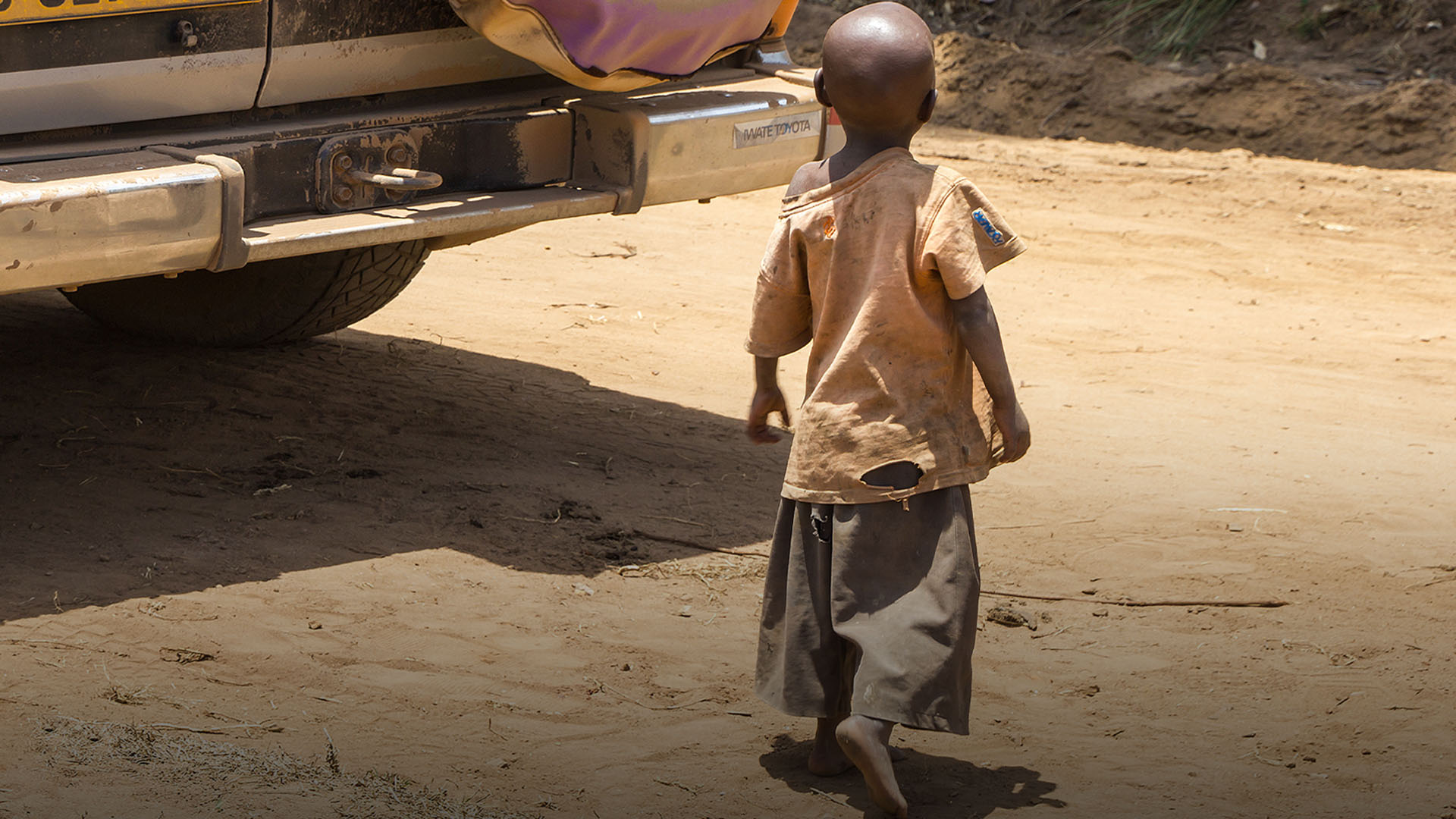A little boy lost his parents, but thanks to our partners, not all hope was lost for him to be reunited with his family.
Zidane was six years old when he was brought to World Challenge’s partners in Burundi. The Eh’ikirezi transition center and Pacifique work tirelessly to make a safe haven for orphaned and abandoned children but also to reunite them with family whenever it is possible.
The team works closely with the local administration of the town Ngozi to find children who are living on the street. The city officials contacted the center after they found Zidane.
In the description the team received about Zidane’s situation, it claimed that his father was dead and his mother was mentally ill which was why he had been abandoned. These reports give the team an important starting point with each child, but they are often not entirely correct. Sometimes the children are frightened and lie about their home situation or simply don’t know what has happened to their parents and make up a story instead.
“We do research ourselves on the case we have so that we prove whether the information given is correct,” one team member explained. “By doing so in Zidane’s case, we finally found that the information we received was not entirely true.”
Doing the Necessary Research
At the transition center, Zidane's behavior demonstrated how his past had wounded him. He could be unusually calm, but then a seemingly small thing could reduce him to tears in a moment.
As the team worked to help Zidane settle into life off the streets, they would talk to him and ask him for anything he could remember about his past and family. It was in these conversations that he confessed that both his parents were still alive but they had divorced.
“His mother did not know where to go after the divorce, especially with little Zidane,” the team explained. “It was a situation that became intertwined with other very hard realities related to poverty. It was then that she made the decision to leave little Zidane in the streets of Ngozi and to save herself afterwards. Maybe that was why the local administration concluded that Zidane's mother was mentally ill.”
They set out to see if they locate either Zidane’s mother or estranged father, but to no avail. Having failed there, they turned to any other relatives that he might have. Meanwhile, they prayed often with the little boy, read the Bible to him and asked the other children to help him so he would be less anxious.
A New Home and New Life
The progress of each child is reported to the municipal administrator, and the team were down in their office to give an update on where they were with Zidane and other children’s files when a young woman recognized Zidane. Not only that but she knew where his grandmother and maternal uncle lived.
The team set out to connect with the grandmother and uncle and to let them know about Zidane’s situation. As long as it can be done in a safe and healthy way, the Eh’ikirezi center tries to place children with family members who will care for them more attentively than any orphanage worker.
“Every time we went to that village, we would seize the opportunity to learn about the life they were living through our discussions,” one of the team members shared. “And we did not miss the chance to share with them some testimonies about our lives with Christ.” Once the team had assessed the family’s living situation and made sure they were okay with taking in a little boy, they brought Zidane to be reunited with his grandmother and uncle. “It was like a dream to see Zidane return to his family, a family that could love him as their own.”
In the coming months, they will return to the village and see how Zidane is doing along with many of the other children whom they’ve helped reconnect with family.
